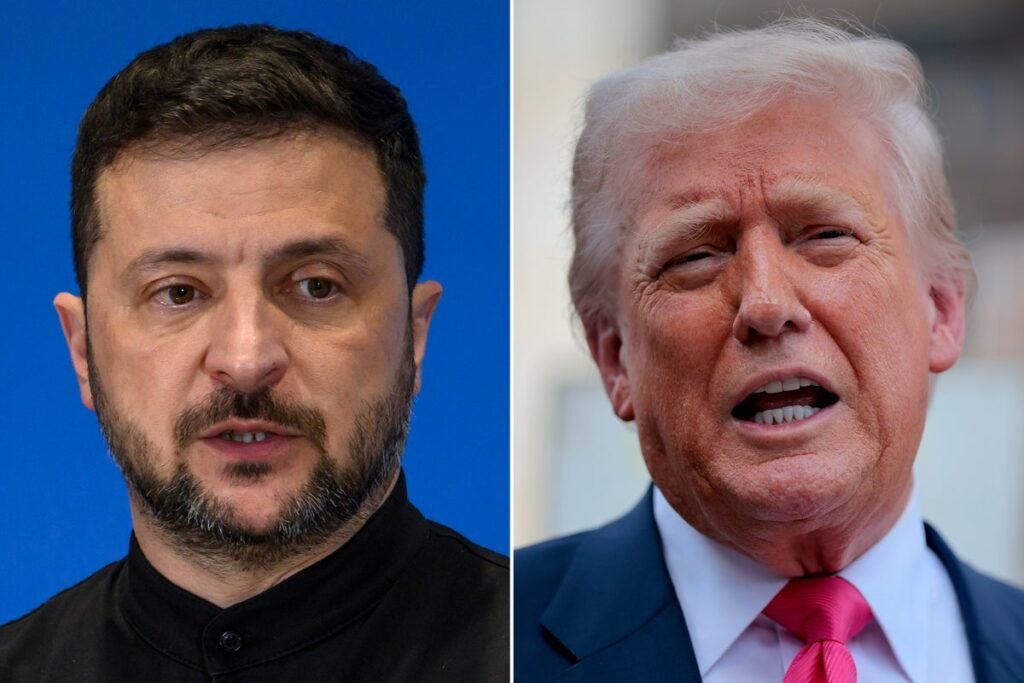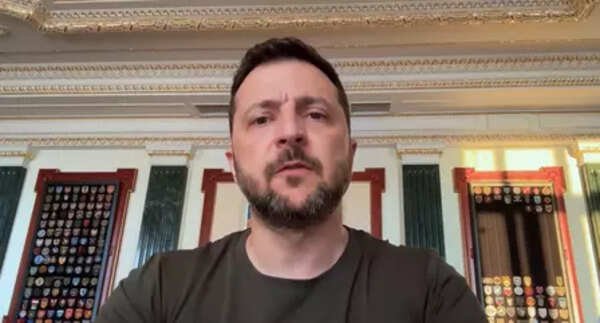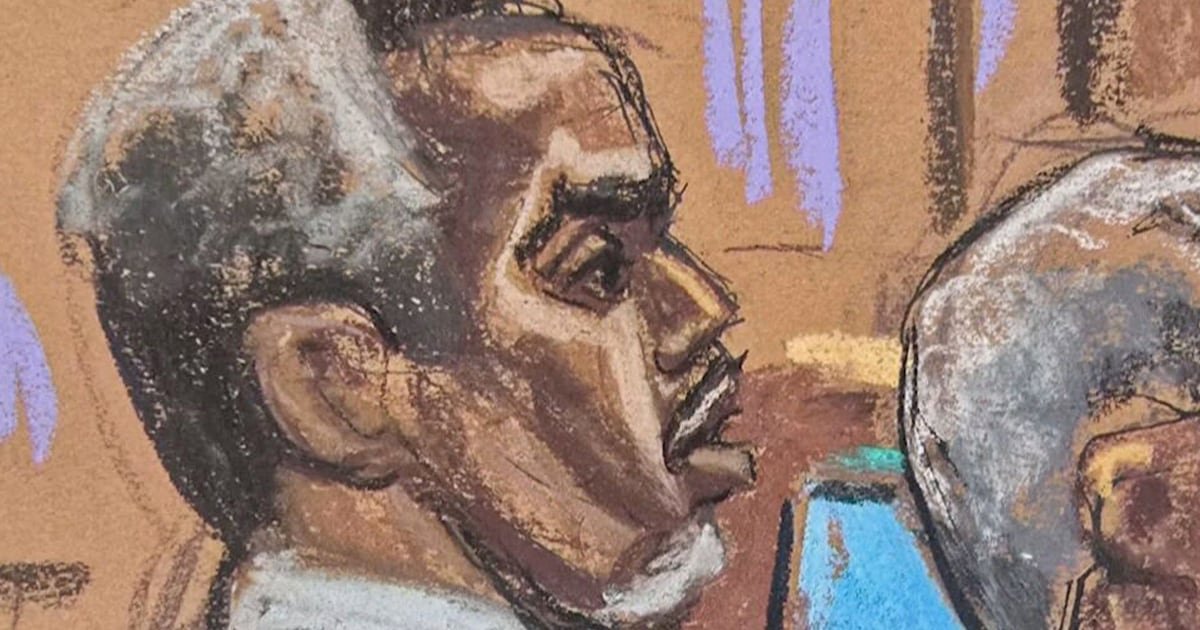Now Reading: Live updates: Sean ‘Diddy’ Combs trial verdict, acquitted of racketeering
-
01
Live updates: Sean ‘Diddy’ Combs trial verdict, acquitted of racketeering
Live updates: Sean ‘Diddy’ Combs trial verdict, acquitted of racketeering

Combs has pleaded not guilty to charges of racketeering conspiracy, sex trafficking and transportation to engage in prostitution.
The judge has asked jurors to continue deliberating after they said they were unable to reach a verdict on count 1, which is racketeering conspiracy.
If convicted on all counts, Combs could face up to life in prison.
The federal government has used racketeering to go after a dozen college athletic figures and test administrators in the largest college admissions scandal ever prosecuted, former President Donald Trump and musicians like R. Kelly and Young Thug
So, what exactly is racketeering?
Simply put, racketeering means engaging in an illegal scheme. It’s used in the Racketeer Influenced and Corrupt Organizations Act, known as RICO, to describe 35 offenses, including kidnapping, murder, bribery, arson and extortion.
Attorney G. Robert Blakey, who has helped draft racketeering laws in at least 22 states, told CNN racketeering is not a single criminal act. Prosecutors must prove a pattern involving at least two instances of racketeering activity to convict someone under the law.
Racketeering is “not a specific crime — it’s a way of thinking about and prosecuting a variety of crimes,” Blakey said.
According to the US Justice Department, to convict someone of racketeering, prosecutors must prove five different criteria:
-
A criminal enterprise existed
-
The enterprise affected interstate commerce
-
The defendant was associated with or employed by the enterprise
-
The defendant engaged in a pattern of racketeering activity
-
The defendant participated in at least two acts of racketeering activity
The minimum sentence for racketeering varies by jurisdiction and severity of the crime. Convicted racketeers can also face fines.


















































